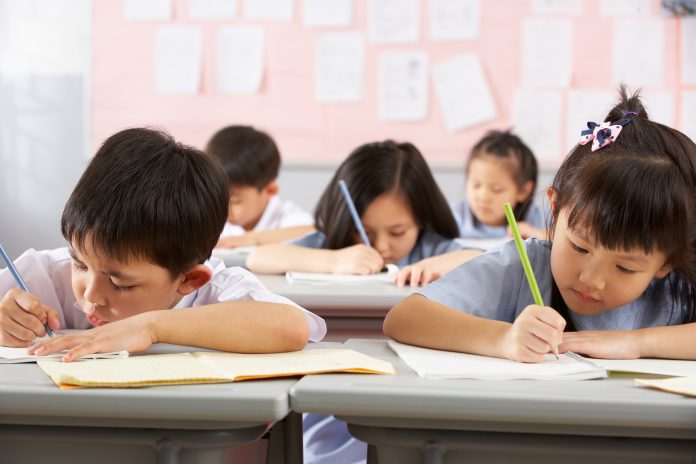The Chinese government has set up a new department to oversee the US$120 billion private tutoring industry in its latest crackdown on the country’s burgeoning for-profit education sector. In recent years, new government regulations have seen a tightening up on qualifications for native-speaker English language teachers, the requirement for all Chinese children in private schools to follow the country’s national curriculum up to the age of 15 and, as we report on page 15, has just introduced a requirement for bilingual schools to be owned by a named Chinese national.
On 1 June, 13 Chinese online tutoring companies and app suppliers were hit with fines totalling some US$6 million for various wrongdoings, including ‘fabricating teacher qualifications, exaggerating the effects of training… and fabricating user reviews’, according to the country’s State Administration for Market Regulation.
This was swiftly followed with an announcement by the Ministry of Education of the creation of a new body, the Off Campus Education and Training Department, to supervise cram schools and online platforms providing after-school education for children from preschool age to 18. According to the South China Morning Post, it will ‘help private educational institutions set up Communist Party cells and establish rules for incorporation, fees and the content, scheduling and qualifications of training’.
Other reports predict future regulations will limit the hours students can study outside schools at the weekend and ban courses in the peak school summer holiday season, when the buxiban, as cram schools are called in China, make most of their money. A limit on young children studying in the evening, both online and at buxiban, was introduced early last year.
It is not clear at present whether the new department will also oversee English language schools, though most buxiban also offer English courses, nor is it known whether a holiday course ban could be extended to include junior summer school courses overseas.
Although the Chinese press has mostly reported the changes in the tutoring market as designed
“An estimated 75% of all children in mainland China will receive private tutoring support during their school years”
to protect children and, to a lesser extent, Chinese values, some foreign commentators have linked it with the new three-child policy, also announced in June, which encourages families to have more children in an attempt to balance out its ageing population profile.
Many Chinese parents have been reported to be resisting the calls to have more children because of the perceived cost of bringing up a child, including the fees for extra tuition outside school. An estimated 75% of all children in mainland China will receive some private tutoring support during their school years. The craze for cram schools isn’t limited to mainland China. Hong Kong and Taiwan both have buxiban, while Singapore, where citizens cannot enrol their children in international schools until the age of 16, also has a flourishing industry offering tutoring and ‘enrichment‘ classes. In Japan, such classes at institutions, known as jeju, are common. Meanwhile, in Korea, parents continue to spend 2% of the country’s GDP on private hogwon cram schools and English language classes despite continuing government efforts to crackdown on the practice.
Can the Chinese government win its fight to rein in the cram school craze? Time will tell, but the current spate of regulations has certainly caused a furore, if not among Beijing parents then with Wall Street investors, many of whom have poured money into
China’s private education giants. No sooner were the fines announced on 1 June then shares in the biggest New York-listed Chinese education specialists plummeted. The sharpest fall was in Gaotu (formerly known as GSX Techedu), whose share price dropped 90% from its January peak. TAL Education dropped just over 60%, while shares in New Oriental, which is also a big player in EFL, dropped about half their value, according to Forbes Magazine.
As with the rest of the Chinese education market, the three New York-listed companies have reacted by slashing spending on marketing, an area where the regulators are now reining in the excesses, laying off staff and suspending new hires.
The crackdown, which has also hit China’s tech giants – with Alibaba and Tencent having invested heavily in tutoring apps – shows no signs of abating. In mid-June, Reuters reported that authorities were planning to put a cap on tuition fees and introduce trial bans on vacation courses this summer.
Industry observers doubt whether the government aims to shut down the sector entirely, but the education gold rush seems to be over. As one specialist told Forbes, “The industry has gone from rapid growth to plateau.
“Investors can no longer view the education companies as being similar to tech stocks. They can no longer expect such explosive growth,” she added.





